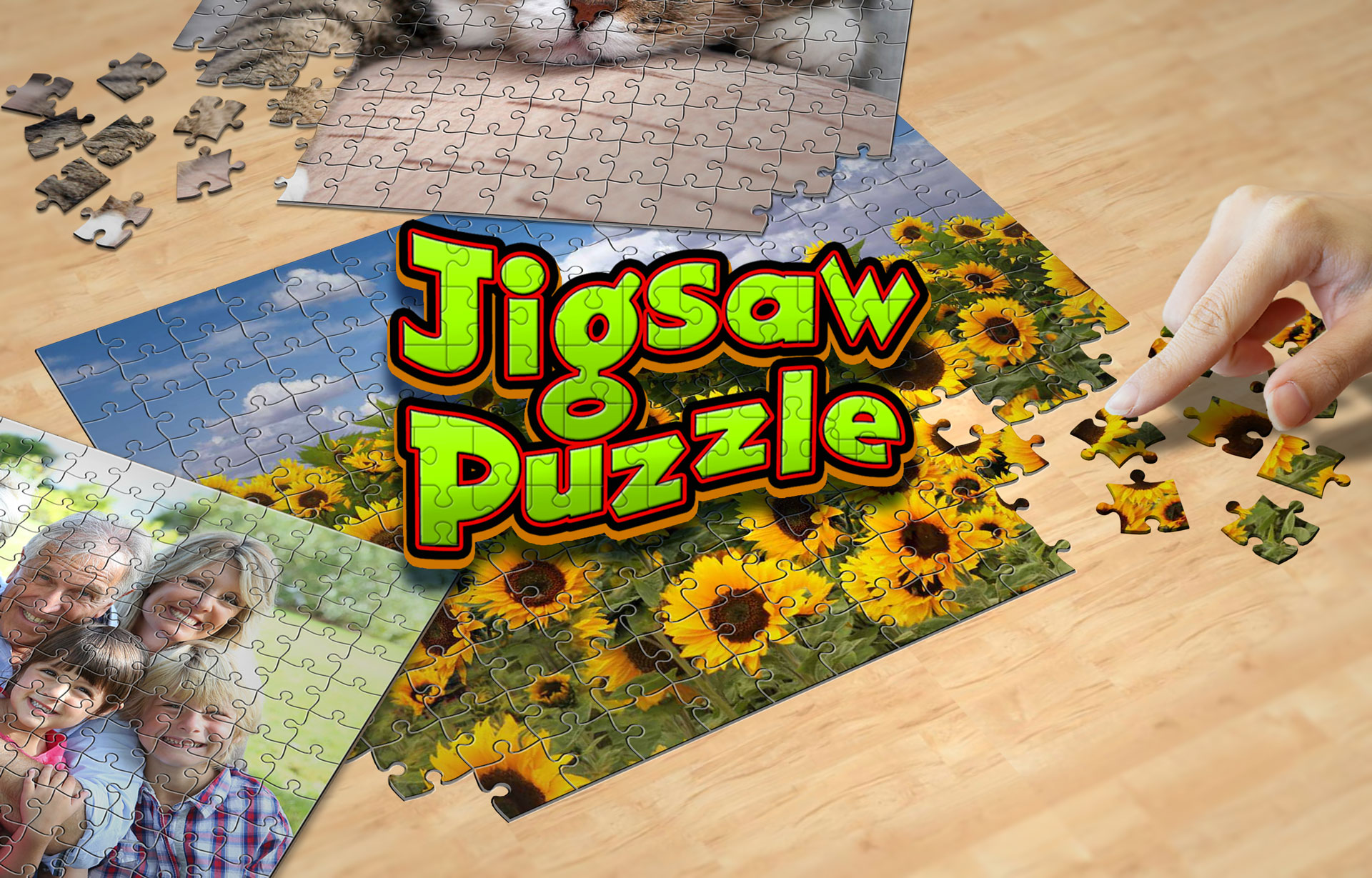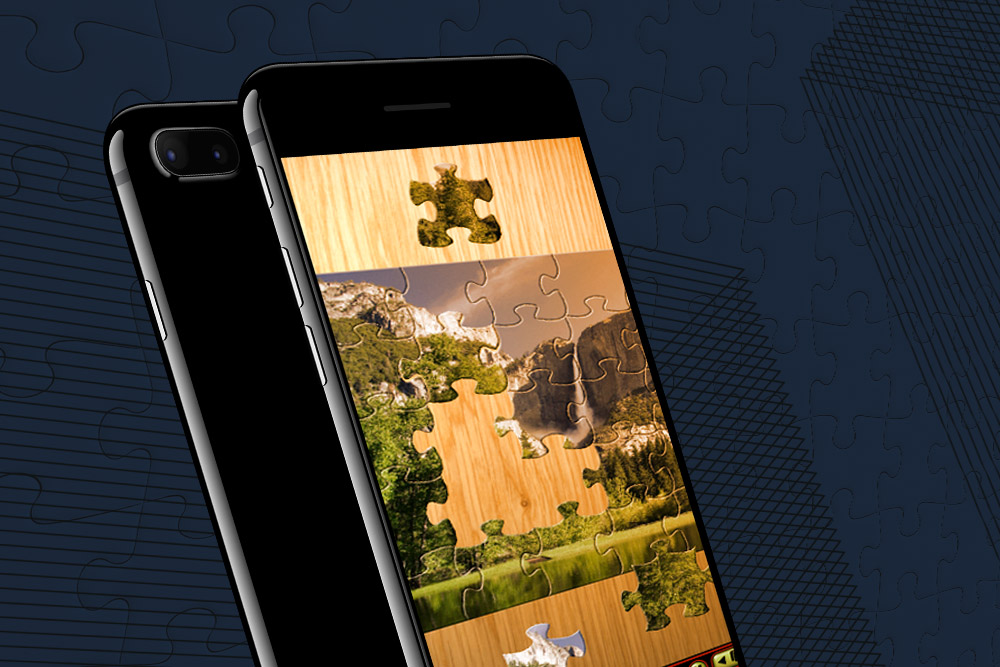More adults are turning to puzzle games to exercise their brains and perhaps delay or stop the cognitive deterioration that may come with age. Mobile game developer MobilityWare, recognizing the growing trend of grownup-style children’s activities as extremely popular ways to relax, focus and relieve stress, responded to it by acquiring Critical Hit Software in 2016. This brought ColorArt: Coloring Book for Adults, Jigsaw Puzzle and other franchises to an audience of over 200 million mobile game players.

“We’ve had an eye on the trend for a while,” Dave Yonamine, founder and chairman of the board for MobilityWare, told AListDaily. “Jigsaw puzzles and coloring books are two forms of recreation that start in childhood but endure for a lifetime. While the popularity of jigsaw puzzles has been steady, that of coloring books ebbs and flows.”
Yonamine then recounted some of the events that led to the acquisition of Critical Hit Software. “We had the option of building the app from scratch or buying an established player,” Yonamine explained. “Building it ourselves wasn’t the preference, and we ultimately acquired jigsaw puzzle and adult coloring apps that really tapped into the trend. One of our employees—a woman in her 30s—told me an anecdote about attending her book club and hearing a half-dozen 30-something-year-olds raving about a mobile jigsaw puzzle game they were addicted to on their iPads, which happened to be the one that we acquired.
“One of the great things about acquiring Jigsaw Puzzle and ColorArt—and the trend for these games in general—is that the audience for these games overlaps very nicely with our existing user base of Solitaire players. We can get the word out about Jigsaw Puzzle and ColorArt to the right audience just by marketing to more than 200 million people already playing our Solitaire game. Chances are, they are the very same people that enjoy jigsaw puzzles and adult coloring activities.”
No matter what you call it, the trend appeals to practically every walk of life, from baby boomers to millennials. “These games have such a cross-generational appeal, and who doesn’t love a good jigsaw puzzle?” said Yonamine, when asked if one generation was taking more to these types of play than others. “But that nostalgic draw is definitely more acute for older generations. People in their 30s and older are the ones who most gravitate toward these games. The ‘Ah, to be young again!’ allure is a lot less alluring to those who are actually young.”
In a statement discussing the regressive play trend, MobilityWare CEO Jeff Erle said, “These fun and inexpensive activities take less energy than jogging or yoga, are easy to pick up, and can be done alongside other things without being obtrusive.”
When asked to further expand on why so many people would choose children’s activities at a time when there are so many other forms of entertainment (including video games) and therapy around, Yonamine said, “The cool thing is that these things aren’t mutually exclusive. The numerous mobile games capturing the interest in children’s activities by adults is the perfect intersection of technology, video games and therapy. In a way, it’s the best of all worlds. Adults can tap into their nostalgia but through modern technology and in a video game format—two things that are familiar to many adults today. As for other therapeutic options, playing a game of Jigsaw Puzzle is a lot less expensive and more accessible than seeing a therapist.”

However, there is still the matter of how some may regard the tactile feel of books and puzzle pieces as part of the therapeutic experience. We asked Yonamine how coloring and puzzles translate as digital activities.
“It is true that the experience will vary from the physical to the digital format,” Yonamine explained. “For one thing, cleanup is a lot easier, since you no longer have to pick up dozens of puzzle pieces. But there’s also a convenience factor to having these activities take digital form. They are accessible at a moment’s notice with a swipe of your phone. At the end of the day, the expectation with doing jigsaw puzzles and coloring is to do something relaxing and fun, and that should be true in whatever format you do it in.”
Given how there are studies that indicate that there are psychological health benefits to these activities, we asked Yonamine if MobilityWare was presenting ColorArt and Jigsaw Puzzle as therapeutic experiences. “No and yes,” he replied. “We would never claim that the apps are themselves therapeutic, but we definitely highlight the therapeutic nature of these games in our marketing collateral, e.g. by positioning the game as a great stress reducer or a way to relax. It’s not the only way of presenting these games though, and we certainly highlight other things as well, such as the nostalgic aspect of these apps, ease of use and the social features that allow players to share the puzzles with friends and family.”
So, after coloring and jigsaw puzzles, what could be the next big trend in therapeutic play?
“We’re good, but not that good!” Yonamine exclaimed. “We don’t know what the next big thing will be, but ‘what’s old is new again’ is very true of what we are generally seeing on the App Store right now. The game styles and mechanics of yesteryear are having a resurgence in the charts. I think that we will only be seeing more and more of that.”

